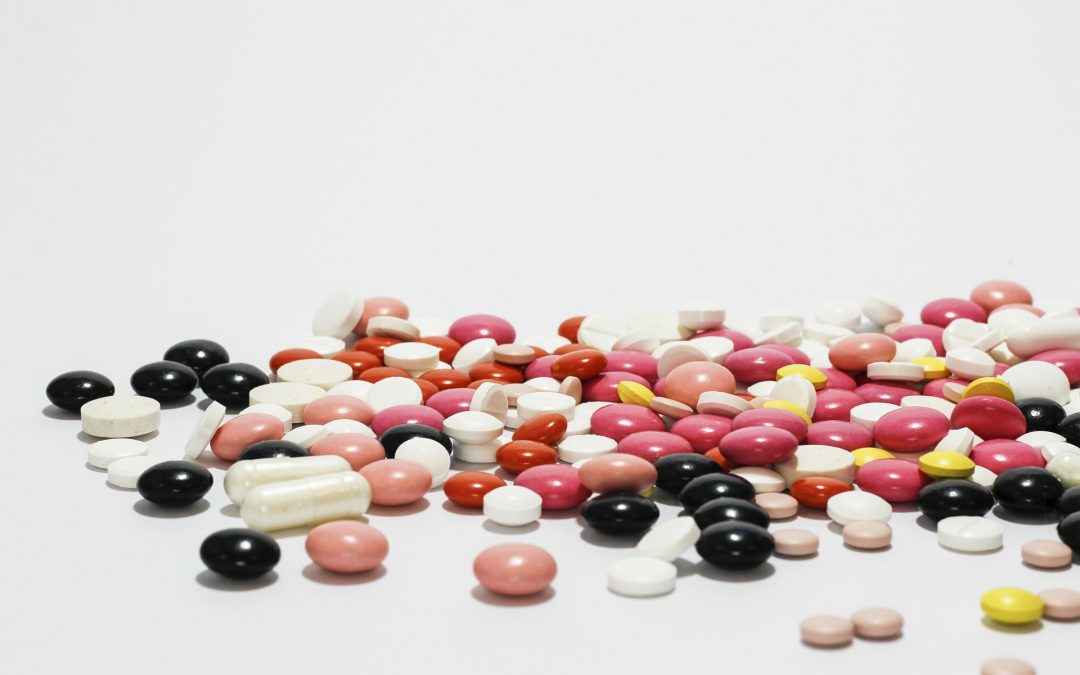Civil society position on the proposal of the European Commission for the introduction of a Supplementary Protection Certificate (SPC) manufacturing waiver
As civil society organisations working on access to medicines and public health, we wish to contribute to the ongoing discussions on the European Commission proposal for the introduction of an SPC manufacturing waiver.
European health authorities have a duty to establish a framework guaranteeing access to effective, safe and affordable treatments. Over the last years, in Europe and worldwide, the prices of new medicines are rapidly rising, creating great financial stress on public health systems. We believe it is of utmost importance to prioritize patients’ needs and safeguard the sustainability of healthcare systems.
The legal proposal on the SPC manufacturing waiver has the potential to be an important step in improving access to affordable medicines. We urge decision-makers to enable the legal and regulatory conditions to ensure the immediate (day-1) entry into the European market after the SPC expiration and to apply the regulation to existing SPCs already. The expedited entry of generics and biosimilars into markets enables competition among suppliers and is credited as a main driver of price decreases and, therefore, essential for the sustainability of healthcare systems. Lawmakers and EU institutions have a duty towards society to ensure a fair competitive pharmaceutical market promoting competition and enabling affordable prices.
On several occasions, Council conclusions[1] and European Parliament resolutions[2] called for actions to improve access to medicines, including a specific call for an analysis of the SPC mechanism. The studies commissioned by the European Commission and national governments on the impact of SPCs on access and innovation are now available[3] and point to significant reservations about the effectiveness and application of the SPC system. Therefore, the SPC manufacturing waiver proposal presents an immediate and concrete opportunity to improve access to affordable medicines for patients across Europe and elsewhere. Yet, further discussion on the SPC mechanism remains pertinent.
We remain willing to engage with all stakeholders and concerned parties and call on MEPs and Member states to fulfil their responsibility to prioritize the public interest and promote better access to quality and affordable medicines.
Supporting organisations
100% Life
Access to Medicines Ireland
AGEP’C
AIDES
AIDS Action Europe
ARAS – Romanian Association Against AIDS
Commons Network
EKPIZO
France Assos Sante
Health Action International (HAI)
Health and Trade Network
Hepatitis Scotland
Just Treatment
STOPAIDS
Wemos
This statement was developed within the European Alliance for Responsible R&D and Affordable Medicines.
[1] Council conclusions on strengthening the balance in the pharmaceutical systems in the EU and its Member States: https://www.consilium.europa.eu/en/press/press-releases/2016/06/17/epsco-conclusions-balance-pharmaceutical-system/
[2] Report on EU options for improving access to medicines (2016/2057(INI)): http://www.europarl.europa.eu/sides/getDoc.do?type=REPORT&reference=A8-2017-0040&language=EN
[3] Study on the economic impact of supplementary protection certificates, pharmaceutical incentives and rewards in Europe: https://ec.europa.eu/health/sites/health/files/human-use/docs/pharmaceuticals_incentives_study_en.pdf
Study on the legal aspects of Supplementary Protection Certificates in the EU: https://ec.europa.eu/docsroom/documents/29524
Effects of supplementary protection mechanisms for pharmaceutical products: http://www.technopolis-group.com/wp-content/uploads/2018/06/2718-Technopolis-report-on-supplementary-protection-mechanisms.pdf
